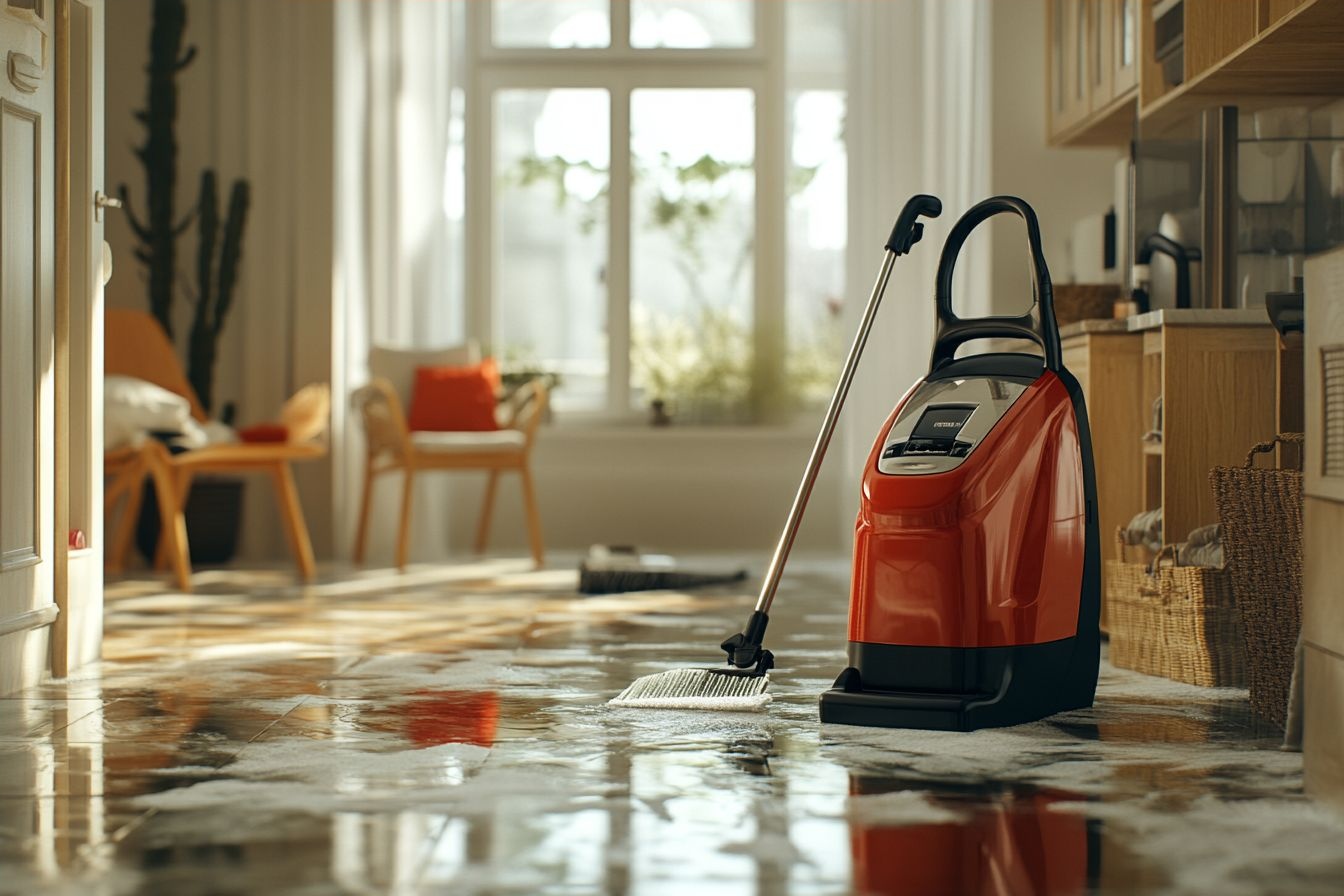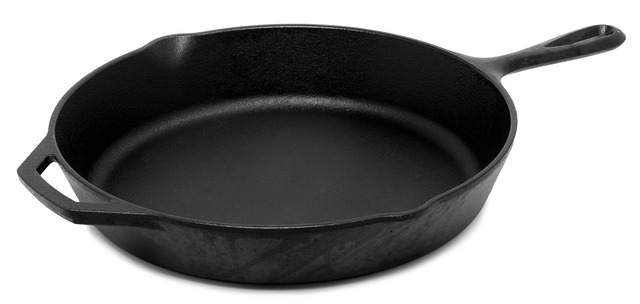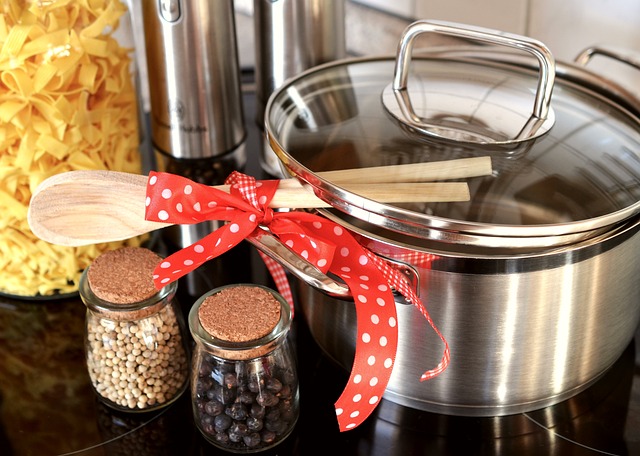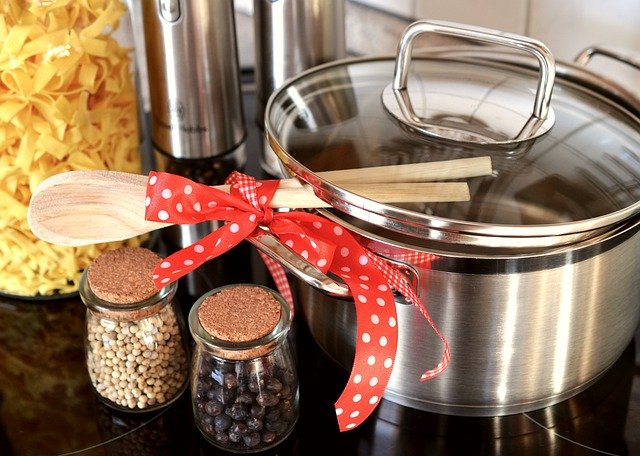Lifehacks for Home Cleaning, Organization and Energy
Everyday lifehacks can make daily routines simpler, reduce wasted time, and lower environmental impact without dramatic spending or effort. This article collects practical, research-aligned tips you can apply in the home to speed cleaning, improve organization, use less energy, and support sustainability. The suggestions emphasize repeatable habits, low-to-no-cost tools, and changes that fit varied living situations.

Home: quick routines that save time
Small, repeatable routines prevent tasks from accumulating. Start with a 10–15 minute daily tidy: set a timer, clear surfaces, and put items back in their zones. Divide the home into manageable zones (kitchen, living area, entryway) and do one zone per day to avoid long weekend cleanups. Use baskets or rolling caddies for frequently moved items so you can transport supplies or toys quickly. Establish a nightly reset—dishes into dishwasher, counters wiped, laundry in hamper—to streamline mornings. These micro-habits reduce decision fatigue and create a consistently usable living space.
Cleaning: efficient methods and uncommon hacks
Choose tools and techniques that cut time and improve results. Microfiber cloths capture dust and grease with less product; a good vacuum with appropriate attachments reduces repeated dusting. For common stains, treat promptly: blot spills, then clean rather than letting dirt set. Natural options like white vinegar and baking soda work for many surfaces—degreasing counters, deodorizing drains, and lifting grime—but test on a hidden area first and avoid vinegar on stone. For floors, a squeegee quickly removes pet hair; a lint roller refreshes upholstery. Regular, short cleaning sessions (10–20 minutes daily) prevent larger jobs later.
Organization: short systems that stick
Organization works best when it’s simple and forgiving. Adopt a “one-in, one-out” rule for clothing and household items to limit clutter growth. Use clear, labeled containers so contents are visible; vertical storage (shelves, hooks) makes use of unused wall space. Create donation and repair boxes near an exit to keep decluttering moving forward. Digitize manuals, receipts, and warranties to cut paper piles and use consistent filenames and folders for easy retrieval. Keep frequently used items at eye level and lesser-used items higher up. Small, consistent systems reduce the need for major overhauls.
Energy: small changes that reduce use
Energy lifehacks focus on behavior and low-cost upgrades. Replace incandescent bulbs with LEDs and use task lighting instead of lighting the whole room. Set water heater and thermostat to moderate settings and reduce standby power with smart or programmable power strips. Wash clothes in cold water when possible and run full loads; hang-dry laundry to save dryer energy. Seal drafts with weatherstripping and use curtains to manage solar gain seasonally. For larger efficiency needs, consult local services for insulation or HVAC checks—targeted upgrades often yield measurable savings over time.
Sustainability: eco-friendly lifehacks at home
Sustainability lifehacks aim to reduce waste and conserve resources with practical choices. Swap single-use paper and plastic for washable cloths, beeswax wraps, and reusable containers. Buy concentrated cleaners and refill where possible to reduce packaging. Start a small compost bin for food scraps if your building or local services accept compost, or use contained indoor systems for apartments. Prioritize repairing items over replacing—simple fixes extend product life. Collect rainwater for outdoor plants and choose multi-use tools to limit consumption. Cumulative small choices create meaningful reductions in footprint.
Conclusion
Lifehacks for cleaning, organization, energy, and sustainability are most effective when they become routine. Focus on a few practical changes that match your space and schedule: short, daily maintenance beats sporadic deep cleans; simple organizing rules outlast complex systems; modest energy adjustments add up; and sustainable swaps reduce waste without disruption. Consistency and small improvements often yield the biggest gains in comfort, time saved, and resource use.




